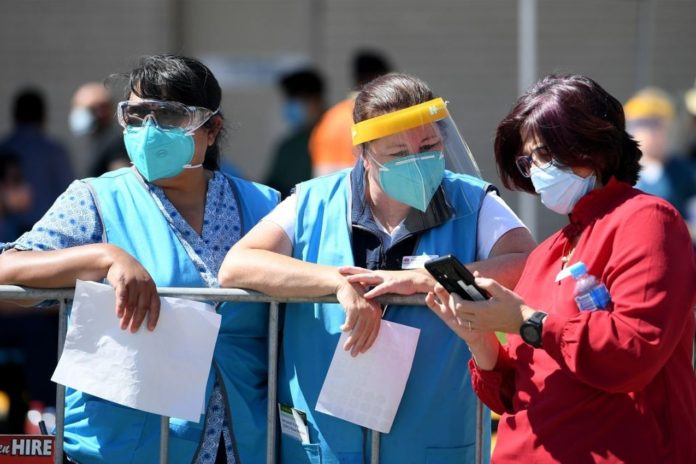The severity of COVID-19 disease appears to be influenced by the characteristics of white blood cells called granulocytes, which are part of the innate immune system.
According to a new study from Karolinska Institutet, combining measurements of granulocytes and well-known biomarkers in the blood can predict the severity of the disease.
The findings, which were published in the journal PNAS, may eventually lead to more tailored treatments for COVID-19 patients.
Granulocytes are a type of white blood cell that is related to neutrophils, eosinophils, and basophils. They are part of the body’s first line of defence against pathogens, known as the innate immune system.
There have been numerous studies on how SARS-CoV-2 affects various immune system components, but there is still a lack of understanding about the role of granulocytes in COVID-19.
Karolinska Institutet researchers have now studied the characteristics of granulocytes in the blood during the early stages of SARS-CoV-2 infection in a total of 26 COVID-19 hospitalized patients at the Karolinska University Hospital. They also compared follow-up analyses four months after hospital discharge to analyses of healthy uninfected individuals.
“Our study shows significantly altered characteristics of all granulocyte subsets in COVID-19 patients and this can be linked to the severity of the disease”, says lead author Magda Lourda, who is a researcher at the Department of Medicine, Huddinge, at Karolinska Institutet.
Measurements of granulocyte characteristics in conjunction with widely used blood biomarkers such as C-reactive protein (CRP) and creatinine could predict key clinical features such as respiratory function and multiorgan failure.
“The finding needs to be taken with caution considering the limited size of our study cohort, but our hope is that these combined measurements can be used to predict the severity of the disease, resulting in more tailored treatments for COVID-19 patients,” says Magda Lourda.
The results of the study were published in the journal PNAS.
Image Credit: Getty
